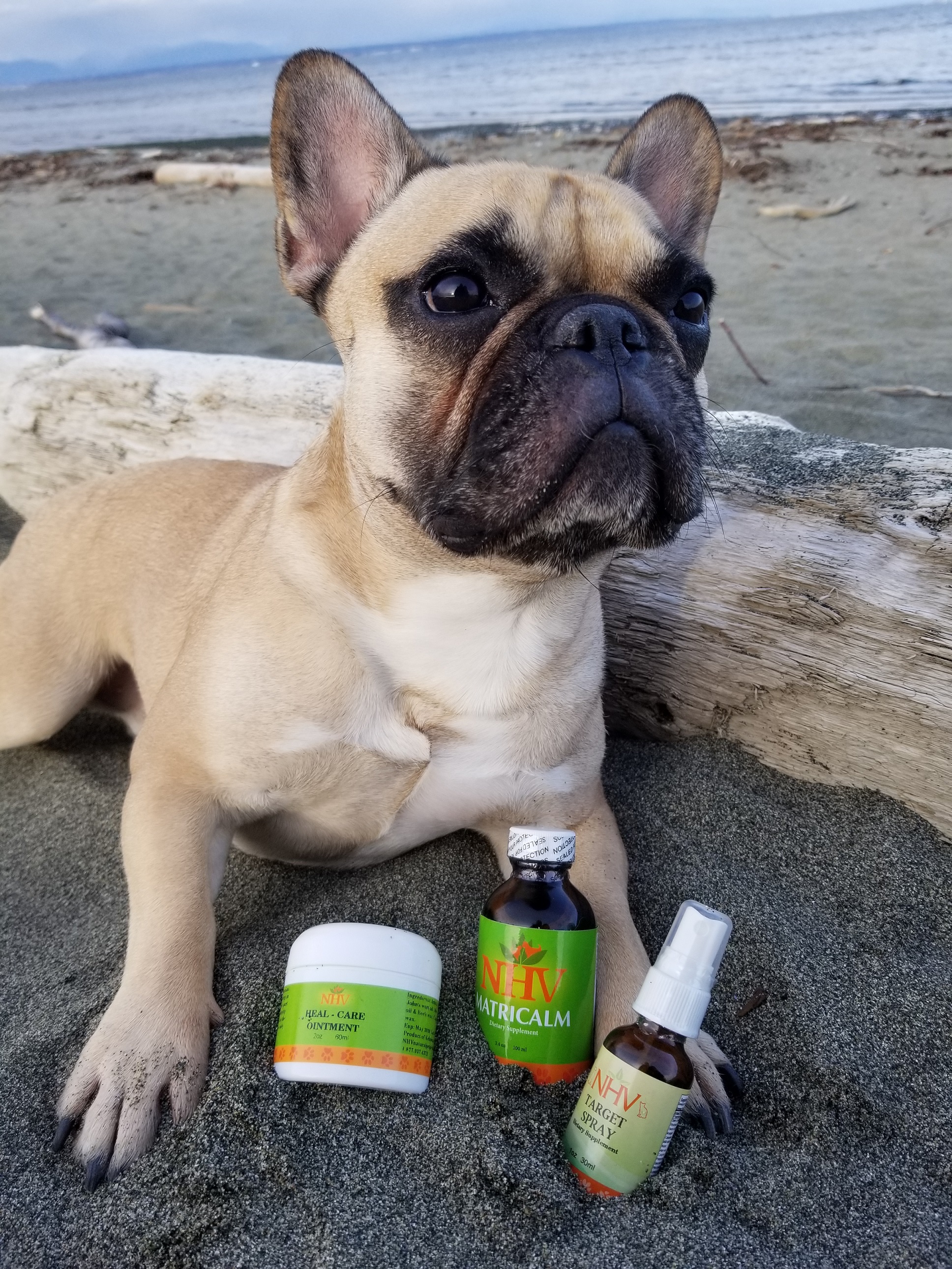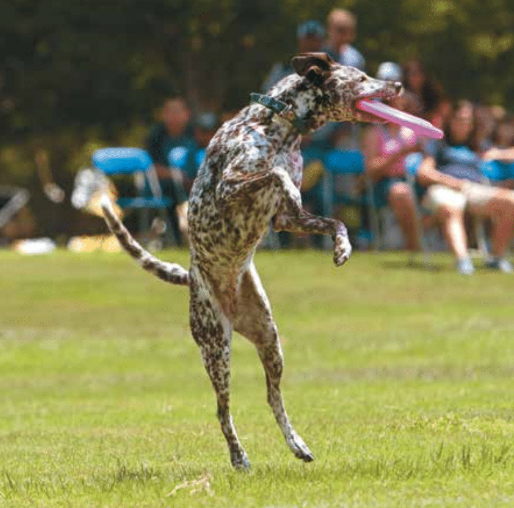Understanding Natural Medicine for Pets
Stacy Mantle //February 10, 2014//
The pet care industry has seen tremendous growth in the markets of natural and alternative medicine.
Just as alternative veterinary care increases, retailers can expect a surge in over-the-counter solutions. While most over the counter solutions are very effective in preventing and solving minor problems, it will still be important for retailers to encourage customers to consult with a professional. In order to do this, retailers should have a basic understanding of the various modalities.
East Meets West
Western medicine and Eastern medicine have always been at odds. While Western medicine tends to be largely “reactive,” Eastern medicine is focused on being “proactive” in order to stop issues early. For this reason, it may be tempting to view traditional and holistic treatments as rivals, but they are actually quite complementary. A holistic approach allows practitioners to focus on supporting overall health rather than treating a disease.
“I’m seeing more of an acceptance of allowing traditional doctors like myself to recommend a more holistic approach to medicine,” Dr. Jeff Werber, owner of Century Veterinary Group, said. “New certification programs in chiropractic medicine and laser modalities are becoming very popular.”
Dr. Lisa S. Newman, N.D., Ph.D. founded Azmira Holistic Animal Care in 1982, and has become well known for resolving health problems in pets that modern medicine could not cure. Utilizing proprietary blends of herbal extracts, she has created a line of products directed towards resolving specific problems in pets and offers a line of supplements.
“Even with the best quality, balanced diet, nutritional supplementation is necessary to provide many nutrients now missing from our food chain,” she said.
Other natural supplements are joining the marketplace, including the new award-winning, all-natural line of canine liquid vitamins LICK’s liquid vitamin drink supplement, which boasts a 98 percent absorbency rate. The supplements are available in three forms, Zen for calming pets, Joint & Heart for maintenance and Athlete for active dogs.
Zuke’s line of Hip Action treats offers over 300 mg of Glucosamine and 50 mg of Chondroitin in easy-to-feed treats that pets love. Zuke’s treats also include other herbs, such as rosemary, to support whole food antioxidants.
Healthy Dogma is another example of a company focused on natural health. Peaceful Pooch, a nutritional additive, uses kelp, melatonin, flaxmeal and passion flower to help a dog to relax without the problems of traditional medications.
Holistic Medicine
Holistic medicine is, in effect, taking a complete view of the patient before treating. This view may include things like the environment, behavioral patterns, genetics, levels of stress, and even the relationship between pet and owner, which is then used to develop a protocol with which to treat a pet.
When a holistic veterinarian sees a pet, they not only examines the physical aspect, but they looks at the pet’s complete history, including nutrition, emotional stressors, environment and behavioral history.
Holistic practitioners are primarily interested in the “why” is symptoms are presenting in order to cure the problem. Once they have a good idea of the problem, they will utilize the least invasive, most efficacious path to resolving the problem. These solutions may include a combination of therapies.
For example, a patient may require surgery and drug therapy from conventional medicine, but could also include a change in diet, chiropractic or laser treatment, acupuncture, and/or homeopathy. By focusing on the entire picture, and utilizing a wide range of therapies that are both supportive and reactive, veterinarians can treat both acute and chronic problems far more effectively.
Homeopathy
According to the American Holistic Veterinary Medical Association, “holistic (or Integrative) veterinary medicine is the examination and diagnosis of an animal, considering all aspects of the animal’s life and employing all of the practitioner’s senses, as well as the combination of conventional and alternative (or complementary) modalities of treatment.”
The premise behind homeopathy is that “like treats like.” Developed in Germany nearly two centuries ago, homeopathic practitioners analyze their animal patients as individuals, and then utilize custom-developed treatments to bring the body into balance. Herbal and plant-based remedies are administered in tiny doses over a course of time.
For example, a substance that causes harm in a large dose may actually be helpful in a small dose. Homeopathic medicines are most often referred to as remedies and these remedies are created by specialists who use a careful process of dilution and succession.
Natural remedies, such as Bach Rescue Remedy, utilize a proprietary blend of herbs to help offset anxiety in pets. The original Bach Flower Remedies has been used on humans and animals for more than 80 years.
Patience is a virtue
“Natural may take a little longer, but it completely eliminates the source of the problem,” Dr. Adelia Ritchie, founder of DERMagic, said. “Corticosteroids reduce itching by reducing inflammation, but can do nothing about the underlying cause of the itch and can negatively affect nearly every organ in the body. DERMagic is safe, free from corticosteroids and is immediately effective at relieving itch, fighting fungal and bacterial infestations and promoting healing of affected areas.”
Thanks to organizations like the American Holistic Veterinary Medicine Association, traditional treatments are now becoming mainstream. As pet owners realize the dividends of natural medicine, reatilers can anticipate many more veterinarians to embrace traditional medicine and greater innovation in pet foods, natural remedies and more innovation throughout the industry.
Quiet Tea from The Honest Kitchen is another example of innovation in action.


















